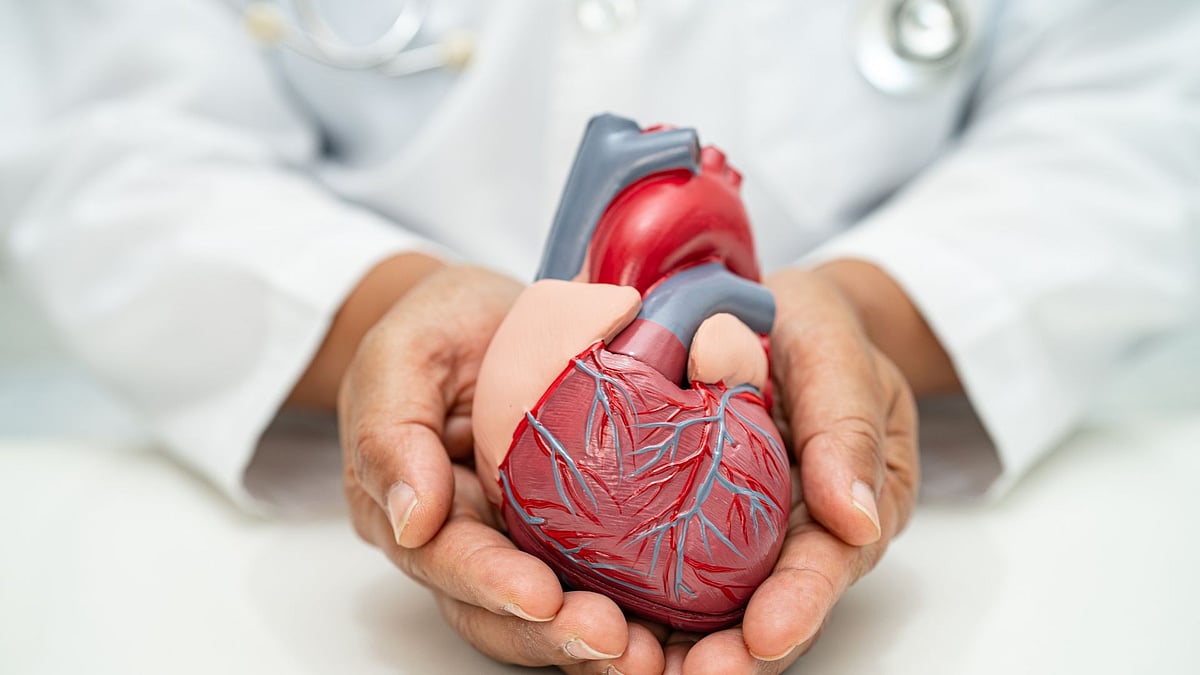Heart Valve Disease (HVD) is a condition that occurs when one or more of the heart’s valves do not function properly. The heart has four valves-the mitral, aortic, tricuspid, and pulmonary valves-which regulate blood flow in and out of the heart chambers. When these valves become damaged or diseased, they may not open or close properly, disrupting normal blood circulation and putting strain on the heart.
HVD can range from mild to severe and may cause symptoms like shortness of breath, fatigue, chest pain, dizziness, and swelling in the legs or feet. If left untreated, it can lead to serious complications, including heart failure, stroke, and even death.

Causes of heart valve disease
Several factors can contribute to the development of HVD, including:
Aging: As people get older, their heart valves may thicken and stiffen, reducing their efficiency.
Congenital Defects: Some individuals are born with abnormal heart valves, which can cause problems later in life.
Rheumatic Fever: A bacterial infection that can cause inflammation and damage to the heart valves.
Endocarditis: An infection of the heart’s inner lining that can damage valve tissue.
Other Conditions: High blood pressure, high cholesterol, and underlying heart diseases can increase the risk of developing HVD.

The importance of awareness and prevention
Heart Valve Disease Awareness Day, observed annually on February 22, is dedicated to educating the public about the risks, symptoms, and treatment options for HVD. Increased awareness can lead to early detection, timely intervention, and better health outcomes.
Encouraging regular check-ups: Many people with HVD may not experience symptoms, making routine medical check-ups essential for early diagnosis.
Promoting a heart-healthy lifestyle: Maintaining a balanced diet, staying active, avoiding smoking, and managing conditions like high blood pressure can help prevent HVD.

Photo: Pixabay
Recognising symptoms early: Educating individuals about common symptoms allows them to seek medical attention before the disease progresses.
Advancing research and treatment: Increased awareness can drive funding for research, leading to better treatments and improved patient care.
Heart Valve Disease is a serious but manageable condition when detected early. By spreading awareness and prioritizing heart health, we can help reduce the impact of this disease and save lives. On Heart Valve Disease Awareness Day, let’s take the opportunity to learn, share, and take action for a healthier future.
